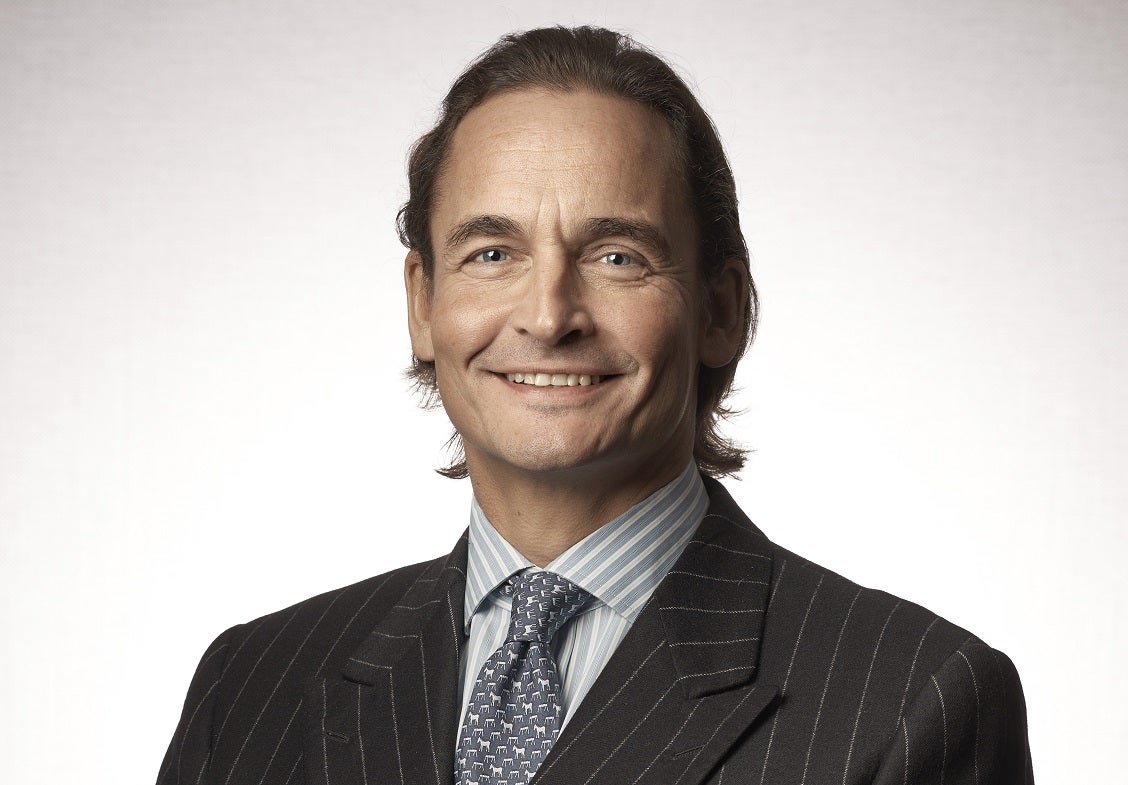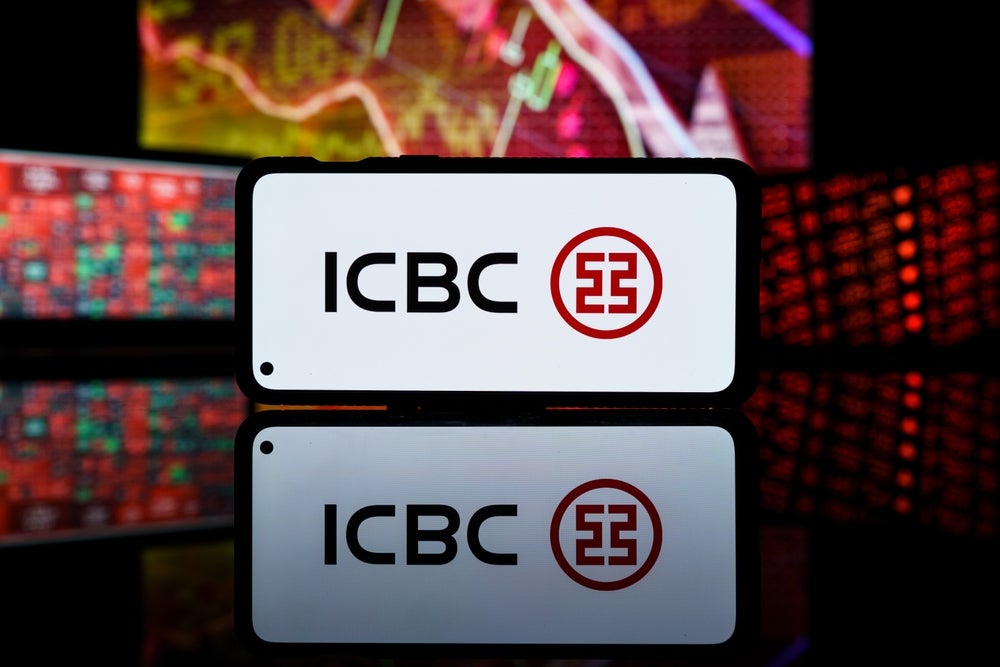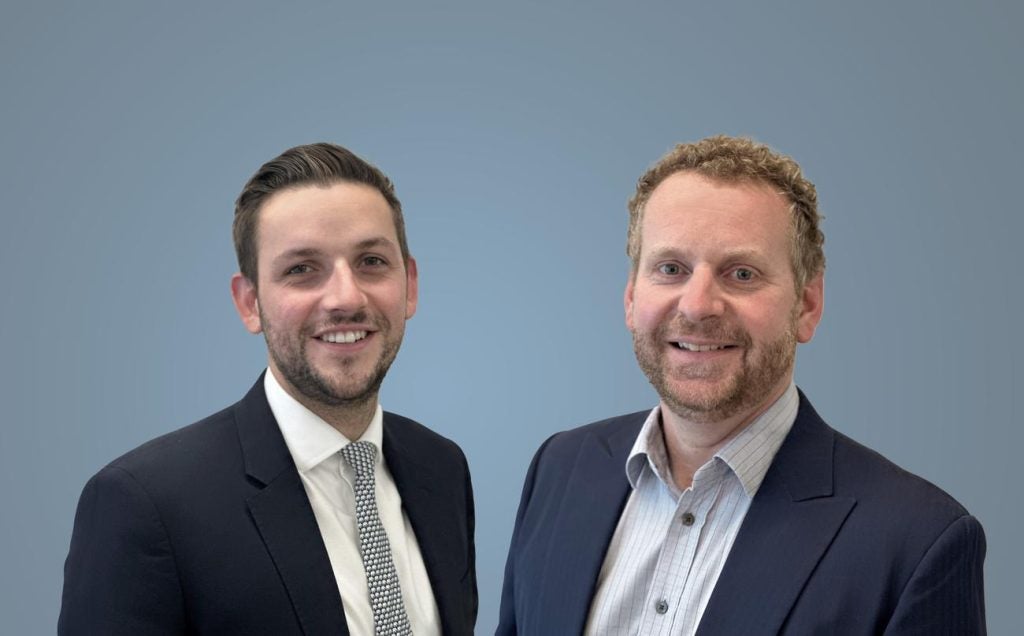
Business continuity is crucial at the best of times, but during a global pandemic, it becomes harder. Switzerland-based Mirabaud decided to hold onto its convictions, and found that things have not changed that much. Patrick Brusnahan speaks to Etienne d’Arenberg, limited partner and head of UK market at Mirabaud
Patrick Brusnahan: How is Mirabaud working in these extraordinary times? Has anything changed? Private banking is a relationship business, so has Mirabaud had to accelerate its digital plans?
Etienne d’Arenberg: At the risk of sounding a little boring, I think we have coped very well. From the first day, we were able to work from home to be safe. We needed to keep everybody safe and out of harm’s way. That’s the first point. The second is that we were digital from day one.
Obviously, we wanted to reassure our clients that everything was running smoothly at Mirabaud, which we did with extensive calls over Zoom and all the other programmes, whatever our clients preferred. We’ve been in touch not only with the outside world, but also extensively with the rest of the group and to make sure that clients are served well. We needed to make sure that our staff are well looked after. That has basically been accomplished through numerous conversations internally.
This has to be done not only operationally and bankwise, but also psychologically just to make sure that nobody is caught between a rock and a hard place.
PB: What was the client reaction?
How well do you really know your competitors?
Access the most comprehensive Company Profiles on the market, powered by GlobalData. Save hours of research. Gain competitive edge.

Thank you!
Your download email will arrive shortly
Not ready to buy yet? Download a free sample
We are confident about the unique quality of our Company Profiles. However, we want you to make the most beneficial decision for your business, so we offer a free sample that you can download by submitting the below form
By GlobalDataED: Yeah, clients were quite astonished that between one day and the next, we went virtual, so to speak. But they adapted by welcoming contact, by clients realising that they’ve had very regular contact before with us, and that we are very passionate about what we do. They also realised that they did not lose anything they actually had before. They continued to have the same quality of service during the COVID-19 period.
I am actually going to visit one client next week, who is going to quarantine. But we offer help, we can also visit at social distance while respecting all the prescriptions and instructions that the government give. This is just to make sure that clients have a bit of company and so they can understand what their portfolios are doing.
We are passionate about what we do, and we work around convictions. We find that the human element is extremely important, but we also want to be responsible not only for our clients, but also for society at large. To be responsible in cases of extreme times such as these is important to make sure that clients feel that we’re there for them.
PB: What about in terms of products and investments themselves, how have you helped clients with them through this time?
ED: We have done that via several approaches. On the one hand, we offer them education, in financial matters via Mirabaud advisers, and also with constant contact.
When we onboard a client, we like to have – and we are not alone in this case – detailed discussions on what is in their inventory. When I say “an inventory”, I mean: “What do you own? Why do you own it? How do you own it? And what do you intend to do with it?”
Then the second inventory is: “What is it that we are supposed to do for you?” We devise a strategy where we explain the potential moves of the portfolio, the instruments that we are going to use in these portfolios, and obviously their cost.
We are very happy to listen to what our clients want, because in the end, it is their money. It is not ours; we manage it for them.
So, to your question, how have we helped clients through these turbulent times? Well, through communication, through having advice from the outset, a strategy that is responsible vis-à-vis our objectives that is full of convictions, which is what we live on. That runs through our blood. We also have a high degree of independence with regards to products and markets in general. We really, really try to fit the objectives of a client with what their portfolio is supposed to produce for them.
PB: One area I wanted to ask about is intergenerational wealth transfer. What trends are you seeing at the moment?
ED: I think intergenerational wealth transfer is about the first word, intergenerational. I think it is part of a broader subject: it is not only the transfer, but it is also the way people look at their assets – and that is their liquid or illiquid assets in general.
Not only “what you have and why you have it?” but also “what do you want out of it? What is it? What is you’re supposed to do for you? But also do you have a preferred way to reach the outcome? Does that stem from your wealth? For example, do you want to invest your wealth in socially responsible investments?”
We signed the United Nations Principles for Responsible Investing charter in 2010. And we received the highest score this year and last year.
Intergenerational is the cabinet word. On the one hand, it refers to the evolving trends of how people want their work to be managed. We have, for some families, very bespoke training where we can have just that one family in a room. Some of us would come and have that discussion about investment, creating the foundation stone of understanding, and then going into more detail about asset allocation, strategic asset allocation, tactical asset allocation and so on.
There is a shift from one generation to another, which is ever more present, and I think it is a positive shift.
PB: Do you see friction between younger clients focusing more on ESG or socially responsible investments than older generations?
ED: It’s a difficult question, because you have two things: you have the younger generation educating the older generation for sure, and vice versa, and then you have some people that are fairly entrenched in their own view.
This is the beauty of being a private bank, because we are so focused on the objectives of our clients. We can devise a strategy that will fit the older generation and one that will fit the younger generation.
Just because you are only a tea drinker, that does not mean you will not allow someone to have coffee.






